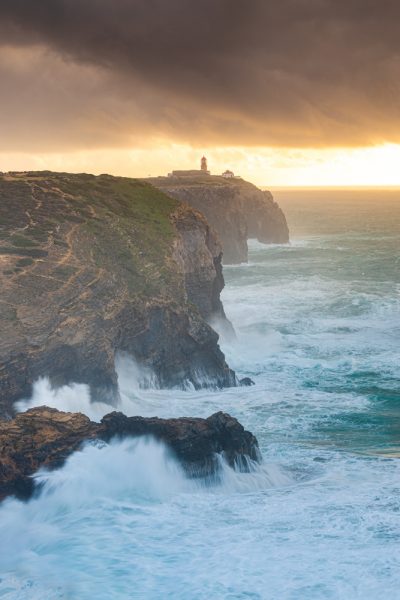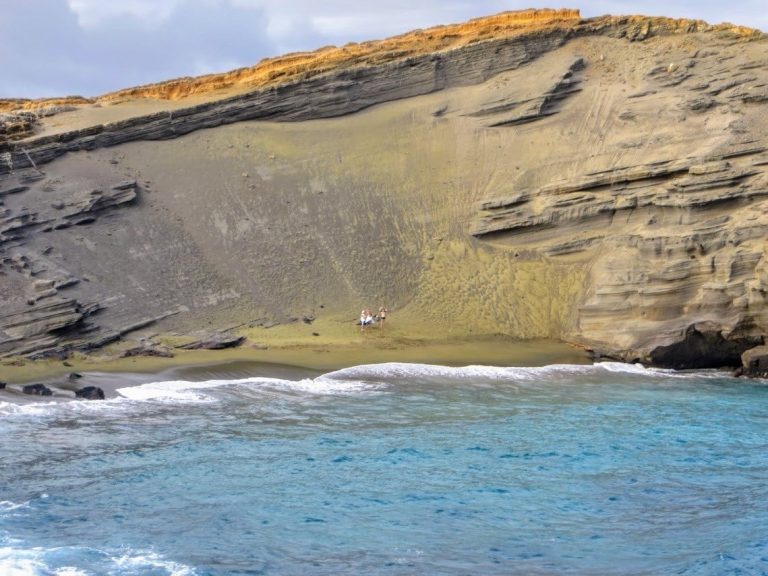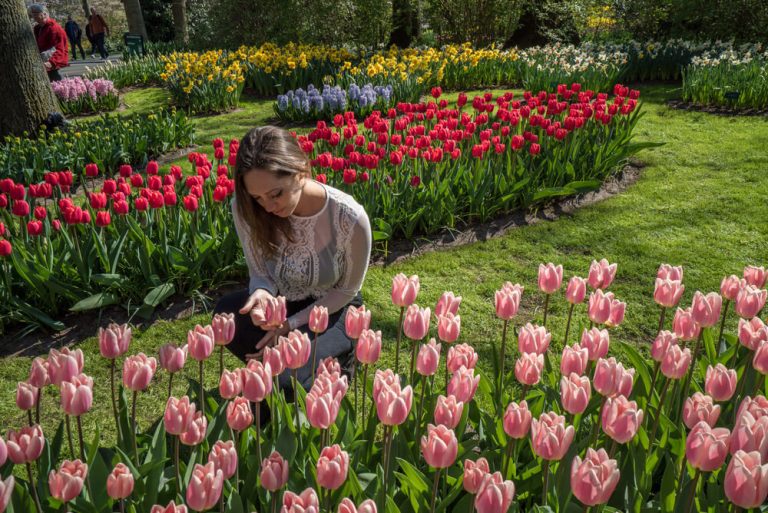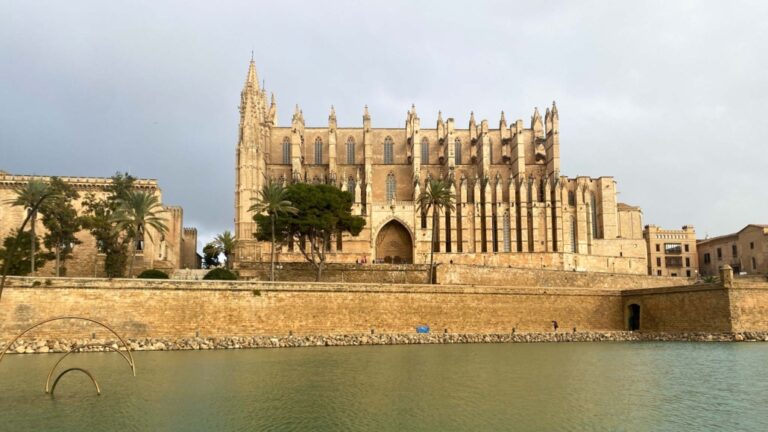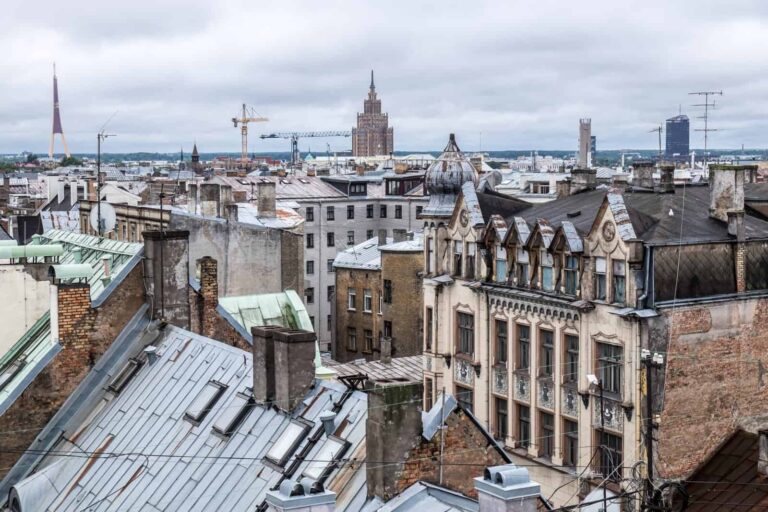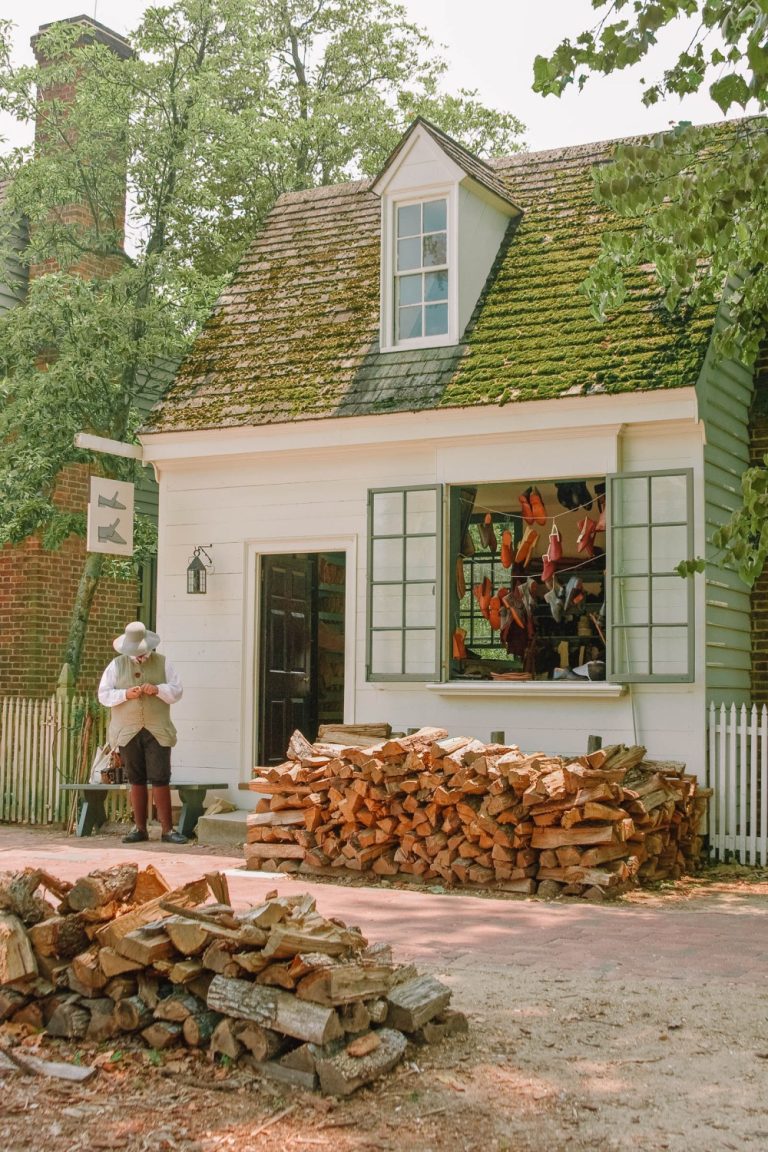The mandatory masks and testing are what have allowed pretty much all other activities to resume.
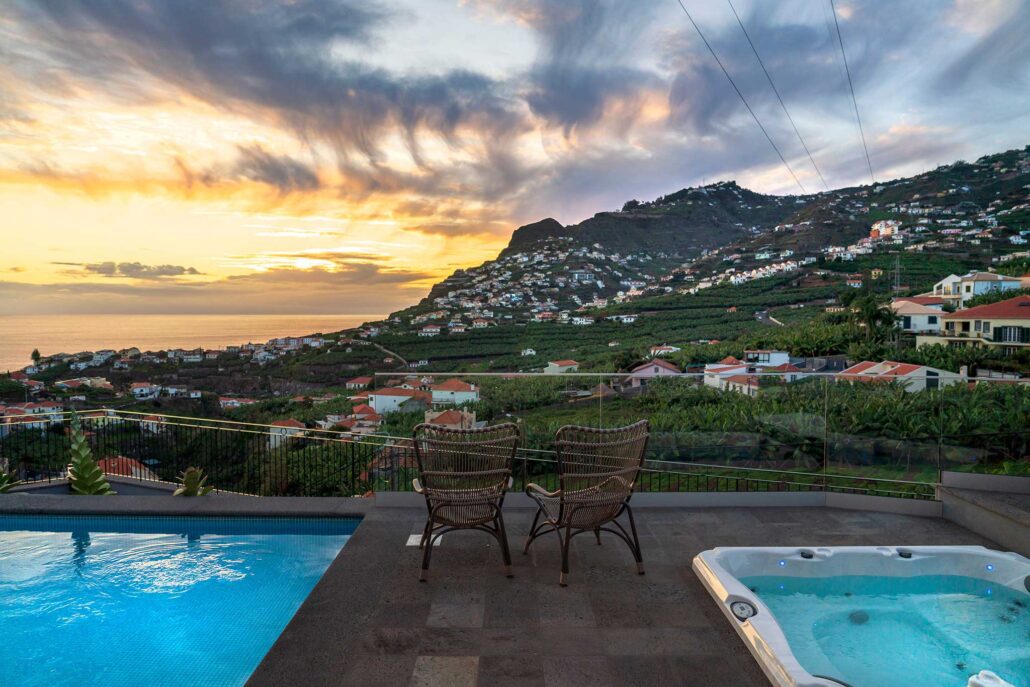
*Please note, for Madeira residents returning home, and other groups, a second test and isolation period may be required. This article is written purely from a tourism point of view.
This has meant (at the time of writing) it has retained its spot on the UK airbridge list, making it one of the last options for travellers from the UK. Due to its warm temperatures year-round, it’s a popular winter sun destination, just above the Spanish Canary Islands.

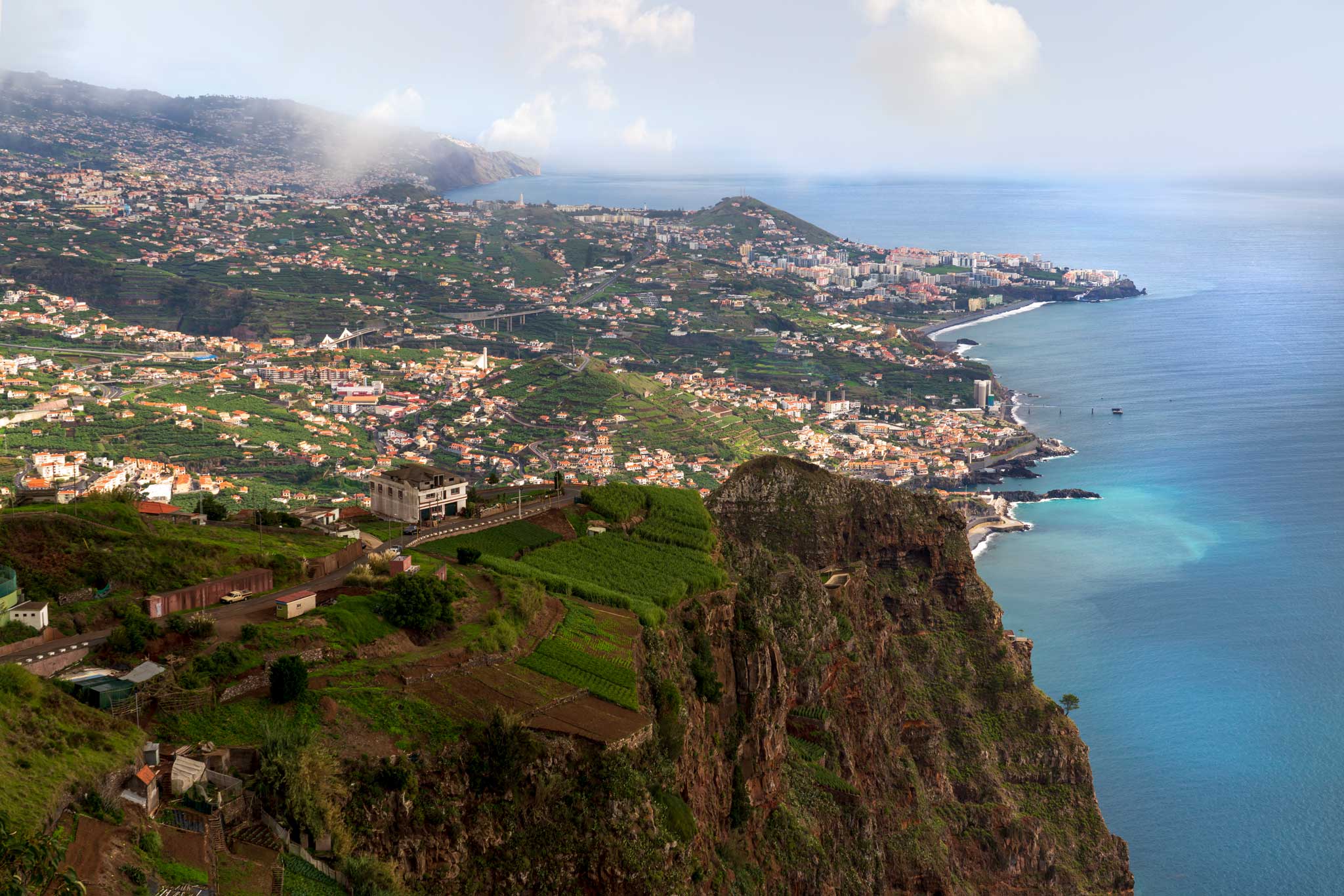
COVID-19 Situation in Madeira
The view Cabo Girao across to Funchal
General rules and regulations for travel to Madeira, and on the island
I spent a month from November to December on Madeira. As a resident of Portugal, the rare trips I’ve had this year I’ve stayed local, travelling domestically – and I completely fell in love with this island. It’s also done a much better job of managing COVID-19 than the rest of Portugal, and indeed the rest of Europe. I felt safe, relaxed, and confident with the island’s management of the situation.
Masks are mandatory in Madeira, and this is stricter and more enforced than in the mainland. Masks must be worn not just inside any place, but also when on group tours, and in outside settings where distancing isn’t possible – think public streets, shopping streets, etc. If you are doing exercise, hiking, cycling etc then masks are not required.
The situation in Madeira has been very well managed, while also staying open for tourists. When the island re-opened in July, it did so with strict testing and isolation procedures in place for visitors, and mask rules that went much further than mainland Portugal. These measures seem to have worked well, as at the time of writing there have been under 1000 cases of COVID-19 on Madeira, and tragically two deaths.
The stunning island of Madeira has a lot to offer – incredible hiking and adventure sports, luxury resorts and rural retreats, a dramatic coastline of black sand beaches and tumbling waterfalls, and the golden-sand island of Porto Santo. It’s a destination that, although pretty small, packs a lot that appeals to many age groups.
Night clubs remain shut, but bars and restaurants are open, with a closing time of around 11 pm-midnight.
All visitors to Madeira must have a negative PCR test to continue their trip – tests are offered free on arrival, however, I believe (like I did) you should test before travel, and I’ll explain why below.

But what is it like to travel to Madeira right now? I’ll break down my experience during November and December 2020, in case you are considering travelling to Madeira during this winter.
